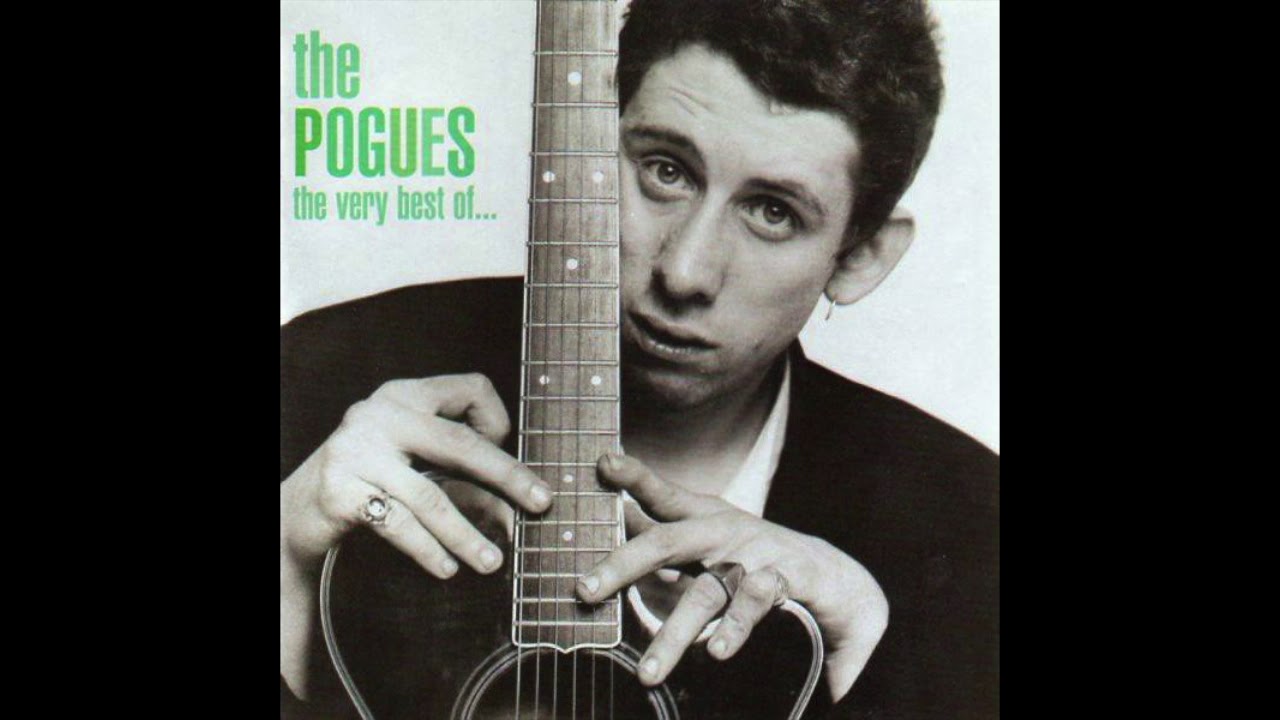The journalists can record what happened, and the historians can put it in the context of big ideas and movements, but the poets cut through to the human moments. In this song, we hear of a young man free and roving around the Australian outback until he ships off to a foreign land to fight in Gallipoli.
The horrors are barely imaginable, the bloody carnage, the deaths that pile up. Yet this song captures the other horror: the lives that remain. The soldier coming home, bearing the suffering of war – his lost legs, his memories and lost youth – grateful that no one was there to greet him. And year after year, the parades go on celebrating the battles, as fewer and fewer remember and all the songs and claims of bravery cannot give him back his legs or the life he lost, no claims of patriotism can give meaning or purpose to a mindless and futile battle over a hill that no one remembers.
Eric Bogle, an Australian folk singer, wrote this song in 1971. The Pogues picked it up nearly 15 years later, mixing their punk grit to the traditional sound of their Irish roots. Shane MacGown’s voice adds a resonance that knows it is the young men who suffer and die for those sitting behind desks that determine the need for war. No need to make speeches, just share the human story.
My bride asked about this song today while driving home from some errands. We drove in circles because, once started, we needed to hear it out. And what could we say except to squeeze each other’s hands.
#Songoftheday #spreadinghappiness #thepogues #waltzingmatilda #love
YouTube: https://youtu.be/PKURhqmSLmM?si=j7T300Tmjkr8cGv6
Spotify: https://open.spotify.com/track/1O2SlAUcjIoFFt9vpI3P1i?si=7a5c2289efaf4785

